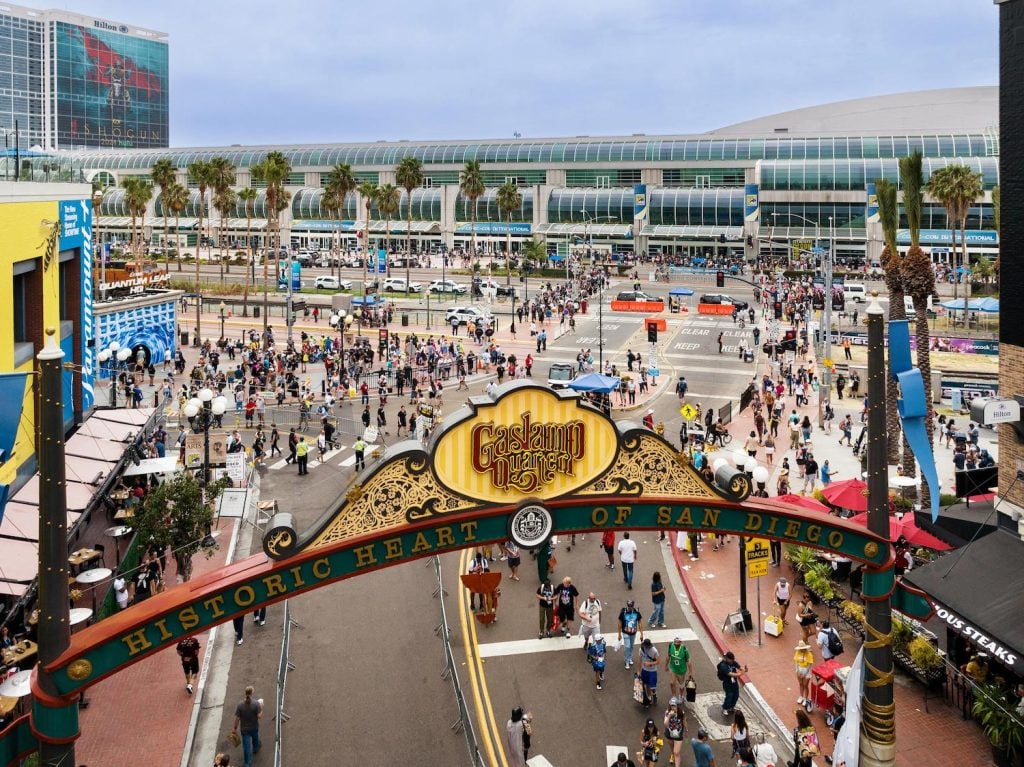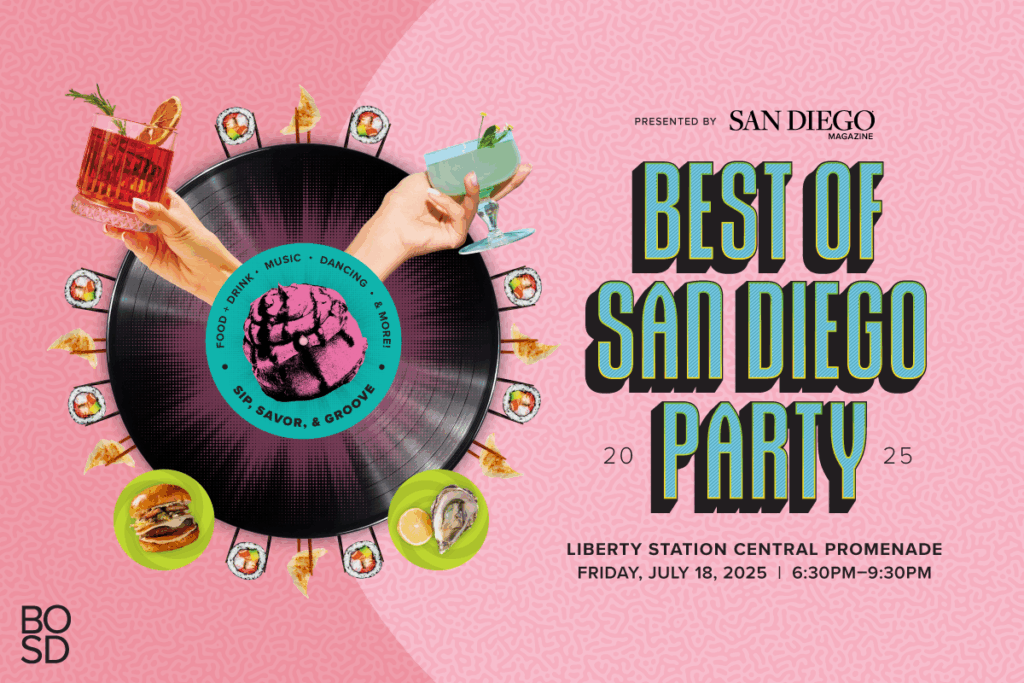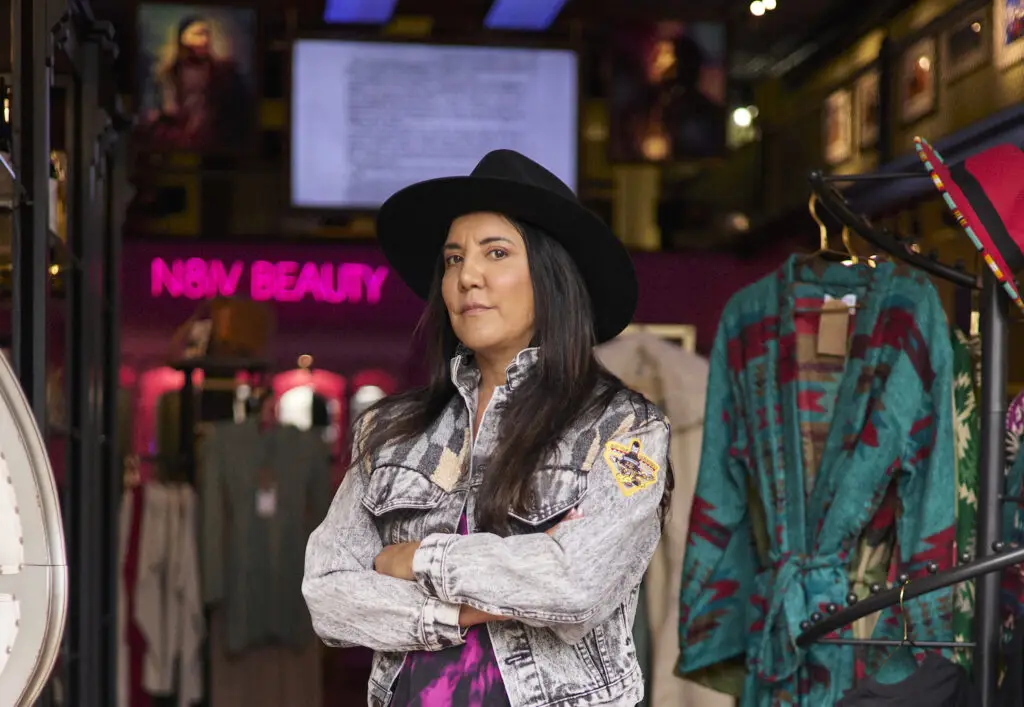As discussed in a previous post, San Diego’s proposed minimum wage hike has ticked off/scared/outraged a lot of restaurant owners. The complaint? Some of their tipped employees already make two-, three-, sometimes four-times the minimum wage. Council President Todd Gloria’s plan would make restaurant owners give those employees an even bigger raise.
This is NOT a debate about whether or not to raise minimum wage in San Diego. Much better economic brains than myself are tackling that issue.
This debate is specifically about the restaurant industry and whether or not tipped wages should be accounted for in San Diego’s new minimum wage ordinance.
This past June, minimum wage in San Diego was $8. Now, it is $9. Under Gloria’s plan, it will reach $11.50 by 2017. That’s a $3.50 increase over the next two and a half years.
California is one of seven U.S. states that doesn’t allow a “tip credit,” meaning tips are counted into overall wages. States without tip credits often pay their servers anywhere from $2.13/hour (the federal minimum) to $4/hour. The logic being that their tips for the night will bring them to minimum wage and often times much higher than that.
MIT’s “Living Wage Calculator” estimates in order to make a “living wage,” a single adult in San Diego needs $11.38/hour. For an adult with a child, it’s $22.83/hour.
The Q&A below is with one of San Diego’s top restaurant owners, who asked to remain anonymous. I have a request into Gloria’s office to give him the opportunity to explain his plan for restaurants.
I open this forum to anyone who has productive things to say on the issue. Restaurant owners, politicians, living wage advocates, bartenders, dishwashers, cooks, diners, economists, whomever. People from four-star restaurants and people from one-star restaurants. I’ll actively search out people key to the debate. Join the conversation by commenting below or emailing me at [email protected].
INTERVIEW WITH A RESTAURANT OWNER
Are you against raising minimum wage?
Not at all. It’s important for people to know that the restaurant community at large is not against raising the minimum wage for low income earners. In fact, we’re totally for it. I don’t want to see somebody working at McDonalds for $9/hour. Nobody does.
Specifically, then, what do you object to?
There is no economic or social policy justification for forcing business to give a $5,000 raise to employees who already earn $35,000-$65,000 for less than 29 hours of work a week. It’s bad policy, both at the state level and now the city. By choosing to put politics ahead of good governance and by negotiating with himself and completely neglecting the concerns of the business community, [City Council President] Todd Gloria has turned would-be supporters into fierce opponents.
So you think your highly paid servers should make less?
No. We want them to be happy and earn a good living. We just don’t think we should be forced to pay them even more. The servers who truly understand the issue don’t want this. They know they have it very good.
What about your back of the house staff? Don’t they deserve more?
That’s the awful thing about Todd’s plan. He’s hurting the people he’s supposedly trying to help. Any raises should be going to the back of the house—the people who need it. By forcing us to increase pay to servers who are already making well over double the minimum wage, it makes it even harder to improve the lives of our non-tipped employees. Our cooks are busting their ass over a 40-hour work week to make less than $30,000 a year. My tipped employees can make that money working 15 hours a week. (Note: My non-tipped employees already make more than Todd’s proposed minimum wage.)
Why don’t you already pay your back of the house more?
If California was one of the states where tip credits were legal, we would. It’s mathematically impossible with restaurant prices and margins to pay $15 or $16 an hour while we’re paying tipped employees $9, $10, $11 an hour and they’re making double that with their tips.
What state law do you object to?
Labor Code 351, precluding businesses in California to factor in total compensation (wages, tips, commissions, benefits, etc.).
California is one of only seven states in the U.S. to have a law like this. I understand it’s because bad people abuse the law at the expense of workers?
Well then focus on the abusers. Most businesses are good businesses. We treat our employees very well and fairly. There should be harsh penalties in the case somebody abuses it. You can’t say, ‘Well, since a few people abused the law we’re going to impose it on everybody.’ We’re the dolphin caught in the tuna net.
What’s your solution?
Our city and state would be better off having a higher minimum wage and factoring in total compensation. That way we don’t have some people earning 300% more than others when ultimately, they all contribute to the success of the business.
Why should tips be counted as wages?
We as a business have to pay payroll taxes on the tips servers earn. The IRS considers it taxable income. So why is it not treated as part of their wages?
So with total compensation model—if someone’s barely eking out $11.50/hour, couldn’t you actually pay them less? That doesn’t sound too good.
No. I’d propose including total compensation—wages, tips and healthcare costs—and then coming up with a number. I’m estimating somewhere around double minimum wage ($18/hour). If your total compensation is equal or greater than $18 an hour, then you’re doing pretty well and we shouldn’t have to pay you full minimum wage. If your total compensation is less than double minimum wage, then absolutely we should pay you more. In that case, I wouldn’t stop at $11.50.
What’s the true cost of this?
It’s not just the $3.50 minimum wage. For every dollar of wages, we have to pay payroll taxes and workers compensation. So every dollar of wages costs us $1.35. So that $3.50 cent increase per hour costs us $4.72. If you have 10 employees each working 30 hours a week, that’s 300 hours. Total additional cost increase for your week? $1,416. For the year, that’s $73,632. If you had 100 employees, it’s three quarters of a million dollars. Plus, we already pay our cooks over minimum wage. Do you think when minimum wage goes up to $11.50 they’re not going to want to still make a few bucks over minimum wage? They’ll naturally want raises.
Gloria said he worked with the business community to come up with this plan. Ring true?
No. Working with one Ace Hardware store owner who has nine employees is not working with the business community. If I were that hardware store owner and this was only going to cost me $25,000 a year, I’d be all for it, too. This is going to cost me hundreds of thousands of dollars. The fact that the government is forcing me to give raises to people already making double the minimum wage is ridiculous. It should be going to the people who need it. Todd Gloria would be a better councilman if his priority was working with the business community to find a working solution rather than political grandstanding.
Would you open another restaurant?
With things leaning so far in the one direction with minimum wage, ACA, sick days, it’s becoming tough to get a reasonable return on investment. Plus, there’s a whole segment of the legal community who makes a living with predatory lawsuits against restaurants. We will certainly think long and hard before we choose to open up another restaurant in California. It’s simply no longer worth the risk.
So the sky is falling?
I don’t know if the sky is falling. I do know the weather here sucks, so I’m thinking about moving somewhere else.
Would you consider getting rid of tips and instituting a “service charge”?
If this doesn’t get overturned or referended, we would be forced to make that change. We would like to avoid that at all costs. The sad reality is we’d have to. There’s just no other way. There’s a limit to how much you can pass onto your customer.
How exactly would the service charge work?
Instead of tips, we would institute an 18-20% service charge on the bill. A service charge is restaurant property, whereas tips are the property of the server. Currently, our servers average 20% tip. After paying out support staff they usually take home about 14% of the total sales for the night. If they’re getting a raise to $11.50 an hour, we’d probably give them 10 or 11 percent of the service charge. They’d end up making about the same money they do now. We want our employees to make what they make today, but it will factor in total compensation.
Aren’t you taking from your servers to keep for yourselves at that point?
We’re not keeping the money. Sure, some awful business owners might do that. It just prevents us from having to pass the cost onto the consumer. It’s funny, because some customers get angry at service charges. When, really, it’s saving them money. If we just keep raising prices, the consumer loses and eventually may stop consuming. Then we lose, and every employee does.
Why can’t you just raise your prices $3.50 cents over the next couple of years to cover the costs?
It doesn’t translate. After food costs and everything else, a dollar extra for chicken doesn’t translate into a dollar extra for the bottom line. It’s too variable, there are too many costs involved. Plus, people would freak out. When Americans go to Europe, where restaurants charge the real cost of doing business, they freak out. If we charged the true cost, chicken would be $36. Your steak would be $40-something. People aren’t prepared for that. When it comes to restaurants, customers are weirdly emotional about price increases. The same people don’t think twice out about paying $14 for a soda and popcorn at the movie theater. But in a restaurant, they freak out when something is priced $2 higher.
People think restaurant owners are rolling in the dough. Making millions. And now you’re not sharing.
Out of every dollar spent in a restaurant, you know how much we keep? Industry average is 4-7 cents. In order for people to have jobs, people need to take risks and create businesses. In order for people to take risks, there needs to be a certain return on investment. If I put in my own money and can’t have a reasonable expectation of return, why would I take that risk?

THE DEBATE: Minimum Wage and Tips



















